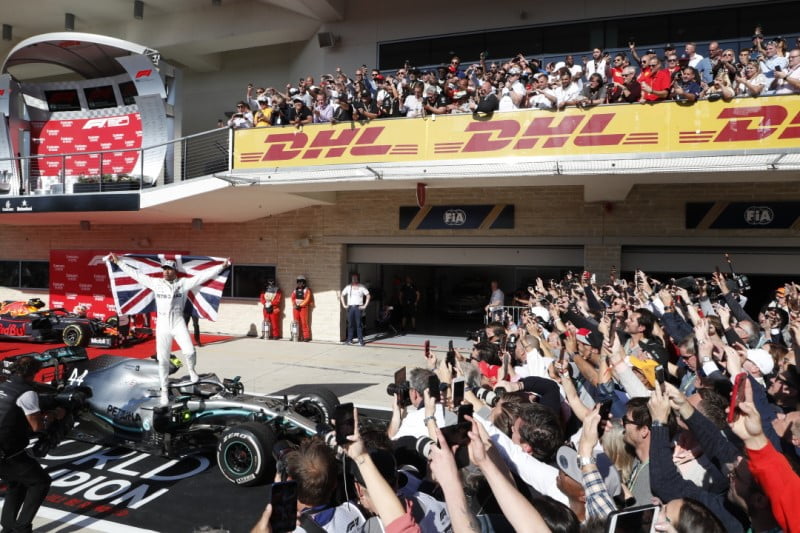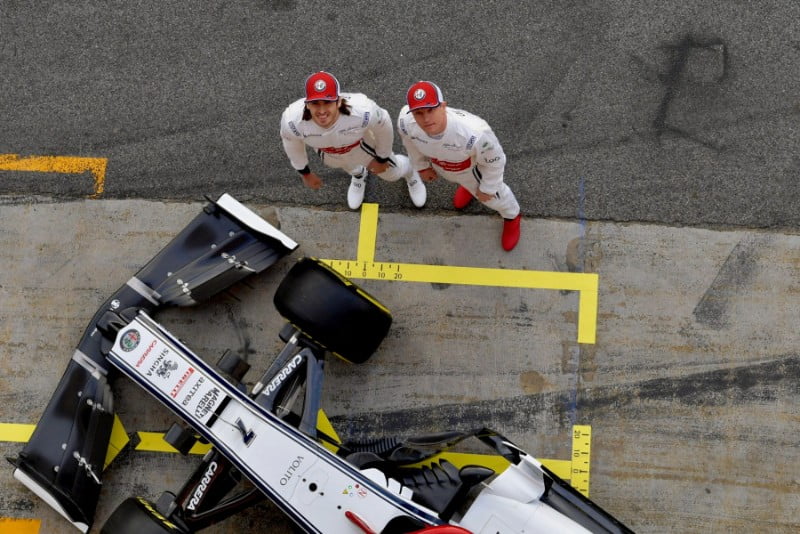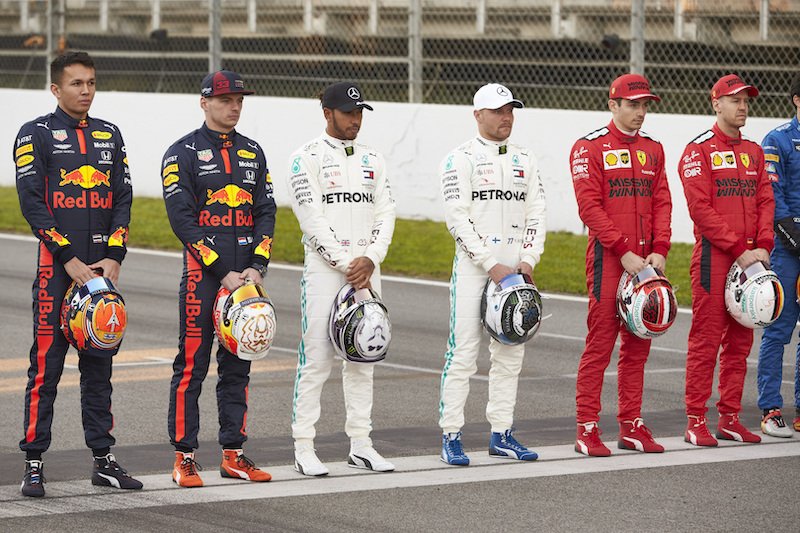As F1 works hard to host as many races it can in F1 2020, it wouldn’t be surprising if it’s revenue from much-dissed pay TV contracts that could fund the TV-only races.
Ten – that’s the number of races on the 2020 F1 calendar that have either been postponed or cancelled for the season. At the time of writing this post, the 2020 French Grand Prix joined the list. Also at the time of writing this post, Chase Carey (CEO, Formula One Management) ambitiously expressed how F1 was hoping to host 15-18 races in 2020 – starting with TV-only races from July in Europe before crossing continents later in the year.
Like I’ve been saying regularly on the Inside Line F1 Podcast, for the 2021 F1 season to take place, the teams (and hence, F1) need 2020 to happen. It’s only if they go racing this season will they earn money from the sport for the next! Hence, it’s no surprise that Liberty Media is doing all they can to host a season. Also, hosting races might reduce the burden on Liberty Media extending advances to teams to keep them afloat. Needless to say, there exists a fantastic opportunity to attract new audiences for whichever sport (or non-sporting event) is able to supply live content to millions that are forced to entertain themselves at home!
F1 2020: From Longest Off-Season To Most-Cramped Calendar?
The Business Of TV-only F1 Races
For F1, race hosting fees, sponsorship, hospitality and pay-TV contracts are some of the key sources of revenue. However, the unique situation of 2020 means that the most probable source of revenue for F1 could be just one – pay TV. But of course, this revenue can be earned only if F1 is able to host and broadcast live race content. This is why F1 is pushing for TV-only (or fan-less or closed-door) races. The other assumption here is that the contracted pay TV networks will still be in business when the races are eventually conducted.
In a recent press interaction Greg Maffei (CEO of Liberty Media, also Carey’s boss) explicitly said that, “If you run races with no live audience, we’ll obviously have lower profitability and maybe even no profitability.” What’s the connection between fans and profitability, you might wonder? If there are no fans attending races, the local promoters are unable to earn revenue via ticket sales and other fan-related business opportunities like hospitality, F&B, fan zones, etc.
This is why it’s expected that no local promoter would be willing to paying a race hosting fee to F1 without having a chance to earn revenue in return. In lieu of this, it could well be that F1 is banking on revenue from pay TV contracts to fund the operational cost of TV-only races. The math would be fairly simple:
x – y = z
(where x is revenue from pay TV contracts, y is cost of hosting a TV-only race and z is the revenue)
Challenges F1 Faces For TV-only Races
It must be explicitly understood that TV-only races are a new challenge for F1. A challenge in terms of tweaking their existing business model as well as a challenge of turning into a ‘race promoter’ of sorts (like what they’re attempting with the Miami Grand Prix). Depending on where the TV-only race(s) are hosted, the local promoter and circuit owner may not be the same entity. In which case, will F1 directly engage with the circuit to host TV-only races? One assumes that the role of the local promoter is non-existent in such a setup.
In fact, could the ‘name’ of the race be changed altogether? For example, if the BRDC / RAC isn’t paying the race hosting fee for the 2020 British Grand Prix, could Liberty Media use this opportunity to re-name the race and offer it to a sponsor (assuming an existing naming rights sponsor doesn’t exist)? Of course, the term ‘British Grand Prix’ is owned by Liberty Media so they would be well within their rights to use it and I expect them to do so.
At this moment, these are only some of the questions that F1 may be pondering over as they hope that revenue from pay TV contracts helps them host TV-only races. But it is fair to ask if such a move would’ve been possible had F1 still relied on free-to-air (FTA) broadcasts, one’s that offered lower revenue but a larger viewing audience. Will the 2020 F1 season be the one that finally drives positive perception towards F1’s decision to switch from FTA to pay TV broadcasts?
Also in this series of TV-only races, I will be penning why more circuits are coming forward to host F1 races in 2020 and what F1’s biggest hurdle to TV-only races in 2020 could be. Here’s the RSS link to my F1 blog, if you wish to be notified each time a new post is published.














